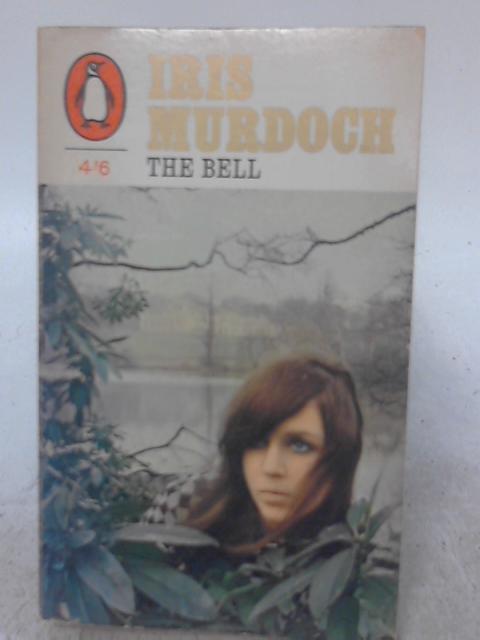

Those who pursue spiritual goodness with too much zeal cannot long retain a hold on ‘real’ life, like the unhappy Catherine Fawley, “almost a saint”, but condemned to lunacy when denied an Ophelian death. Goodness is a quality that the inhabitants of Imber Court of The Bell are struggling to define, some by adherence to simplified rules (“Truth is not glorious but enjoined, sodomy is not disgusting but forbidden”), others by pure escapism, a desire to be freed from the post-war world’s challenges and corruption the recurring debate over the purchase of the agricultural cultivator is emblematic of this pitfall. The Bell is a second novel where the search for goodness and spiritual purity is strongly related to place, and travel, and uprooting. The Good Apprentice shows a young man leaving his modern world of university, sex and drugs after accidentally causing the death of his friend to travel to an isolated, spiritual commune. Her most obviously relevant books dealing with such questions include The Sovereignty of Good, Metaphysics as a Guide to Morals, and, when the theory is transposed to life in the novels The Good Apprentice, and The Book and the Brotherhood. These concerns must be treated in the context of questions about the real, about religion and human belief, about human interaction. One question which Murdoch returned to over the course of her life and writings might be seen as the most basic question of human experience–how can one be good? She has treated this from both literary and philosophical perspectives, insofar as the two can be seen as separate, and shown in these how questions of ‘the good’ cannot be dealt with in isolation. Her novels, then, should be seen not only as literary exercises, but as ways for her to hypothesise moral dilemmas and ethical evolutions, both as experimentation for herself and, practically, as Trojan horses for those who read fiction but might flinch from an academic treatise. Her first publication was not a work of fiction but a study of Sartre, and she went on to research and write in the area throughout her life including, unsurprisingly, on the philosophy of aesthetics and literature. Anne’s (1948-1963) she also taught the subject.

Iris Murdoch is now best known to us as a novelist it is easy to forget that her undergraduate study at Oxford was in classics, her postgraduate studentship at Cambridge was in philosophy, and that during her time as a Fellow at St.


 0 kommentar(er)
0 kommentar(er)
